From Farm to Table and Beyond 🥕
The Hidden Systems at Work in Food Production
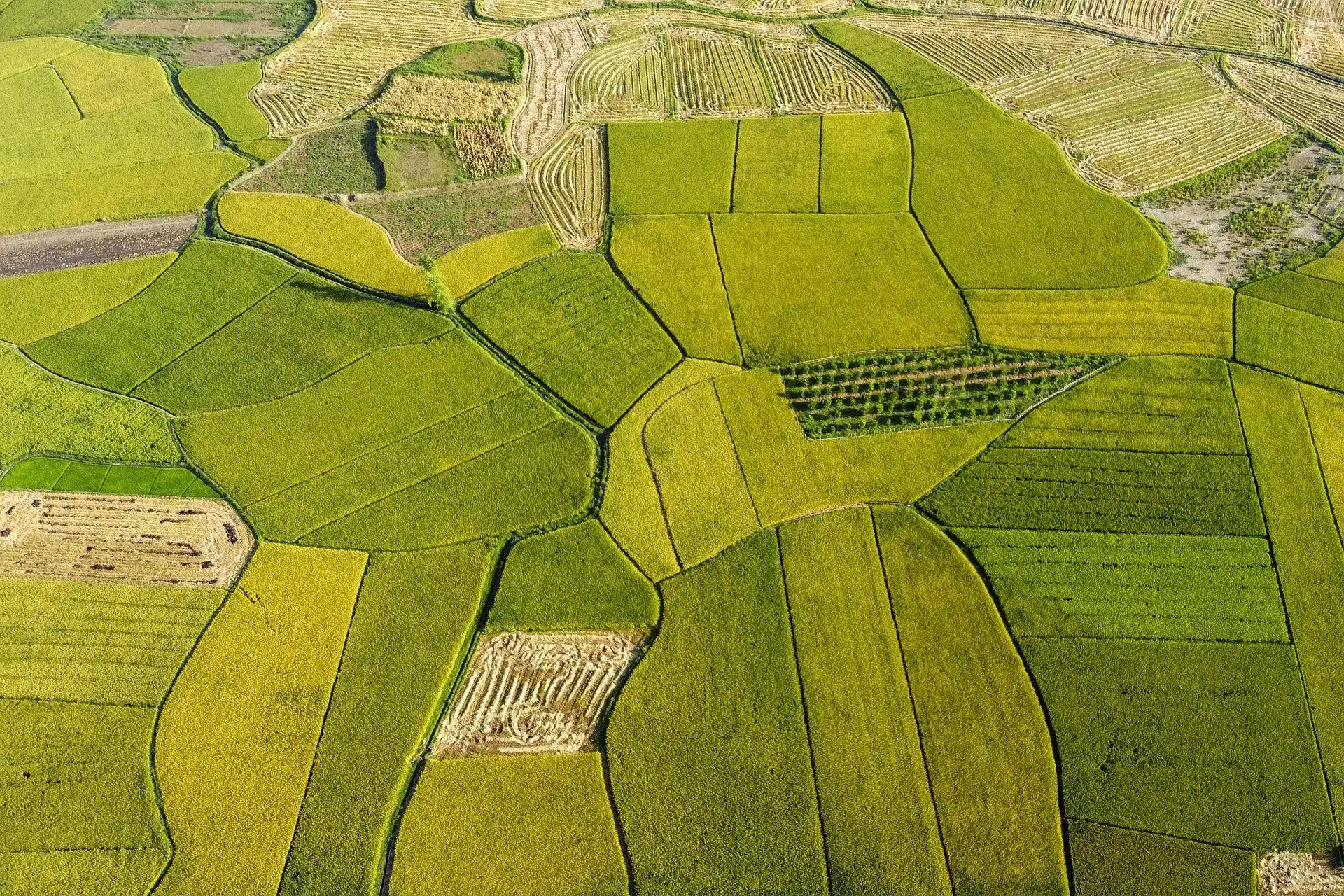
Food is a critical part of our lives. Not only do we need it to survive, but food has important social and cultural significance, too. Modern food production includes everything from backyard vegetable gardens to multibillion-dollar industries; and advanced techniques in precision agriculture are revolutionizing the way we make our food, how much of it we can grow, and how we address pressing issues like food security. What are the innovative tools that are helping farmers in their fields and researchers in their labs? How do new supply chains impact the quality of the food on our plates? What challenges does the industry face, and how are people currently trying to solve those challenges to secure the food supply?
Adventure

Awaits
Adventure Awaits
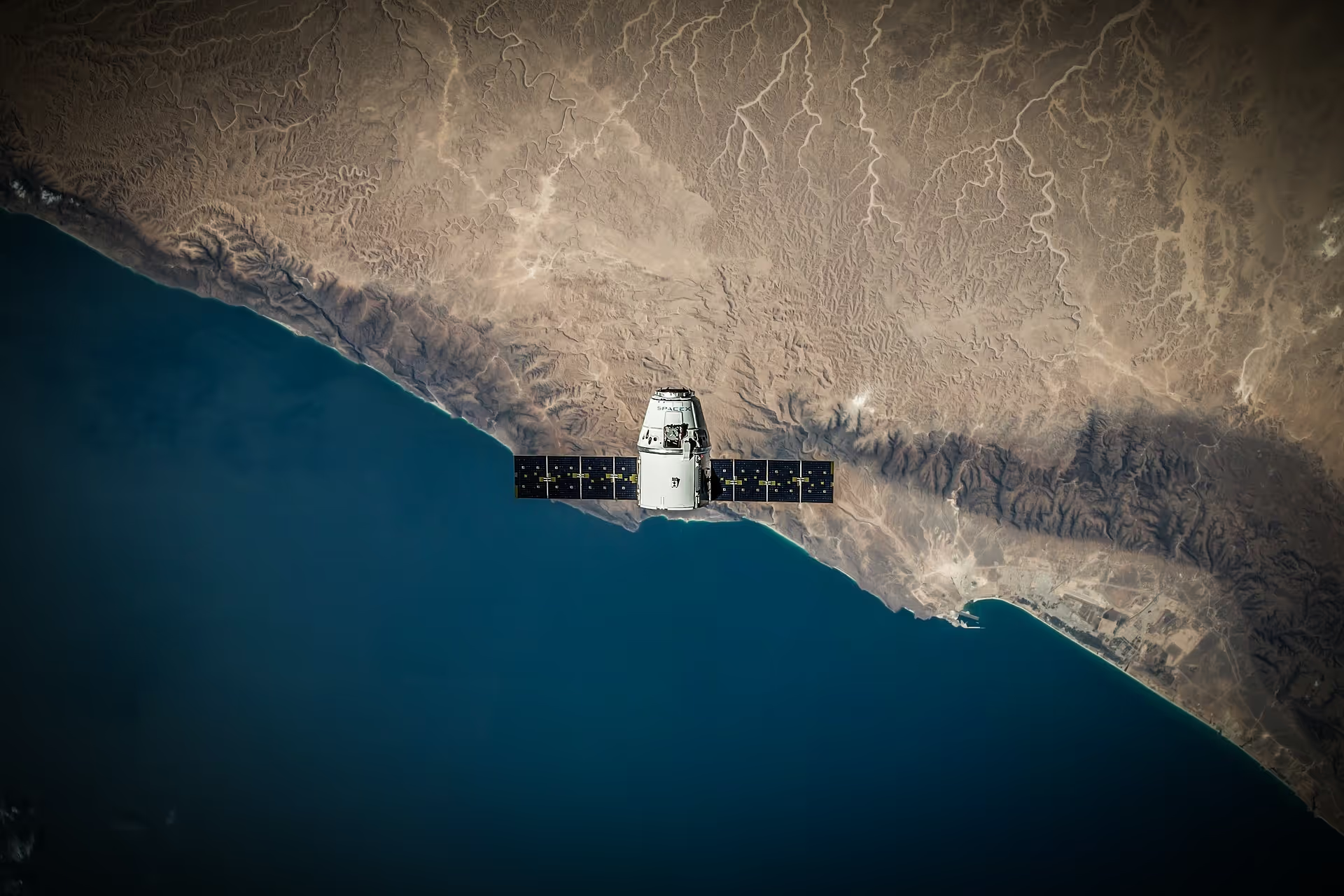
Satellite imagery
Farmers need eyes all over their fields to keep track of their crops’ health, predict good and bad growing years, and track weather patterns. The first stop in understanding how farmers feed the world isn’t in the fields at all—it’s in space! We’ll explore how satellites, sent up by space agencies and orbiting closely to our planet, take pictures to be sent back down to those with boots on the ground.
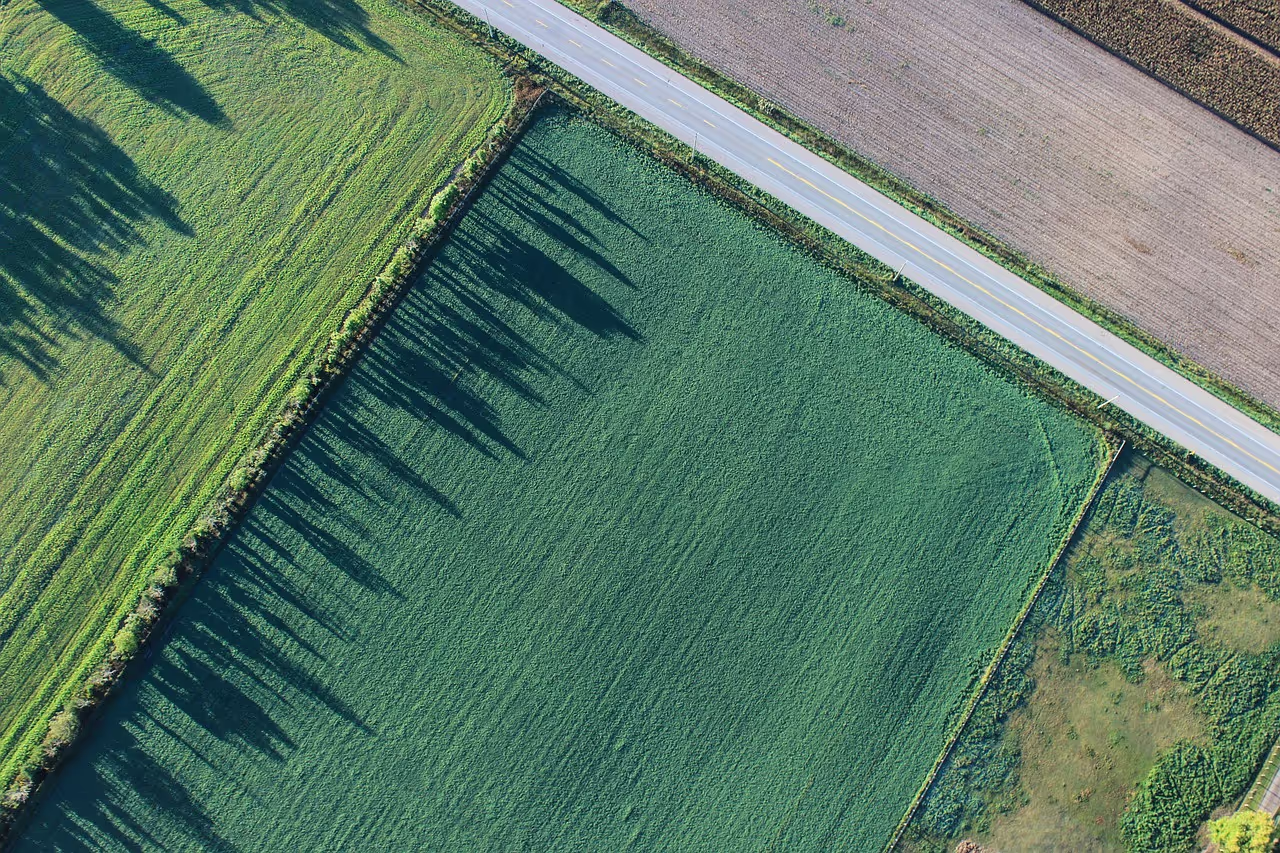
Agricultural field
Next up, it’s time to get our hands dirty as we head straight to the farm! We'll walk the fields with a farmer who uses the information from the satellites—along with a host of other tools like sensors and maps—to take care of their crops and grow as much food as possible each season.
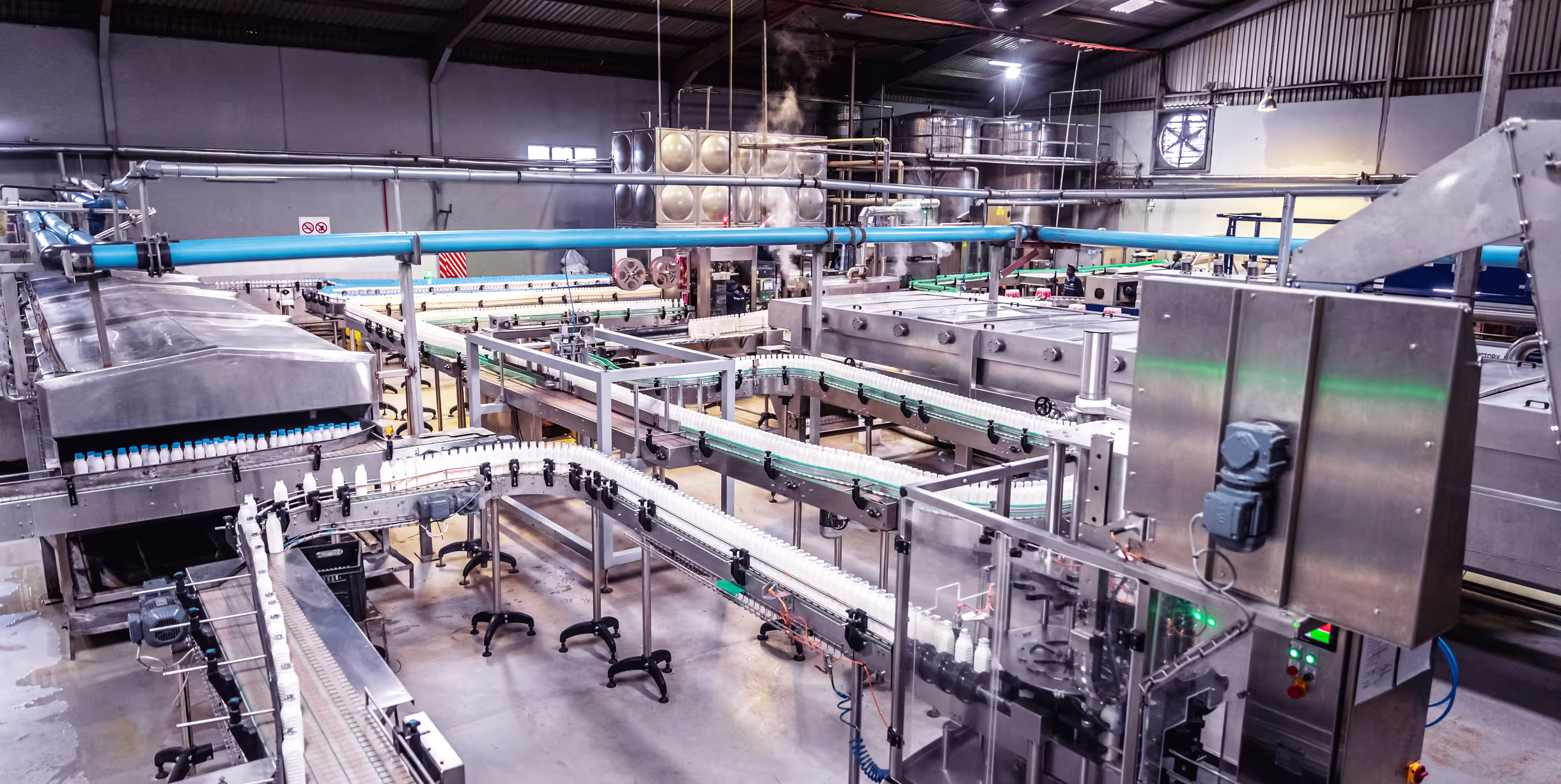
Food processing plant
Not everything we eat is fresh from farmers’ fields! In order to feed the world, some products on grocery store shelves must be preserved, stored and shipped. Who’s responsible for turning fruits, vegetables and grains into the many packaged foods we eat, and how do they do it? Our last stop on this virtual field trip will be to a food processing plant, where we’ll delve into what it takes to receive food from the fields and get it to tables across the country… and the world!
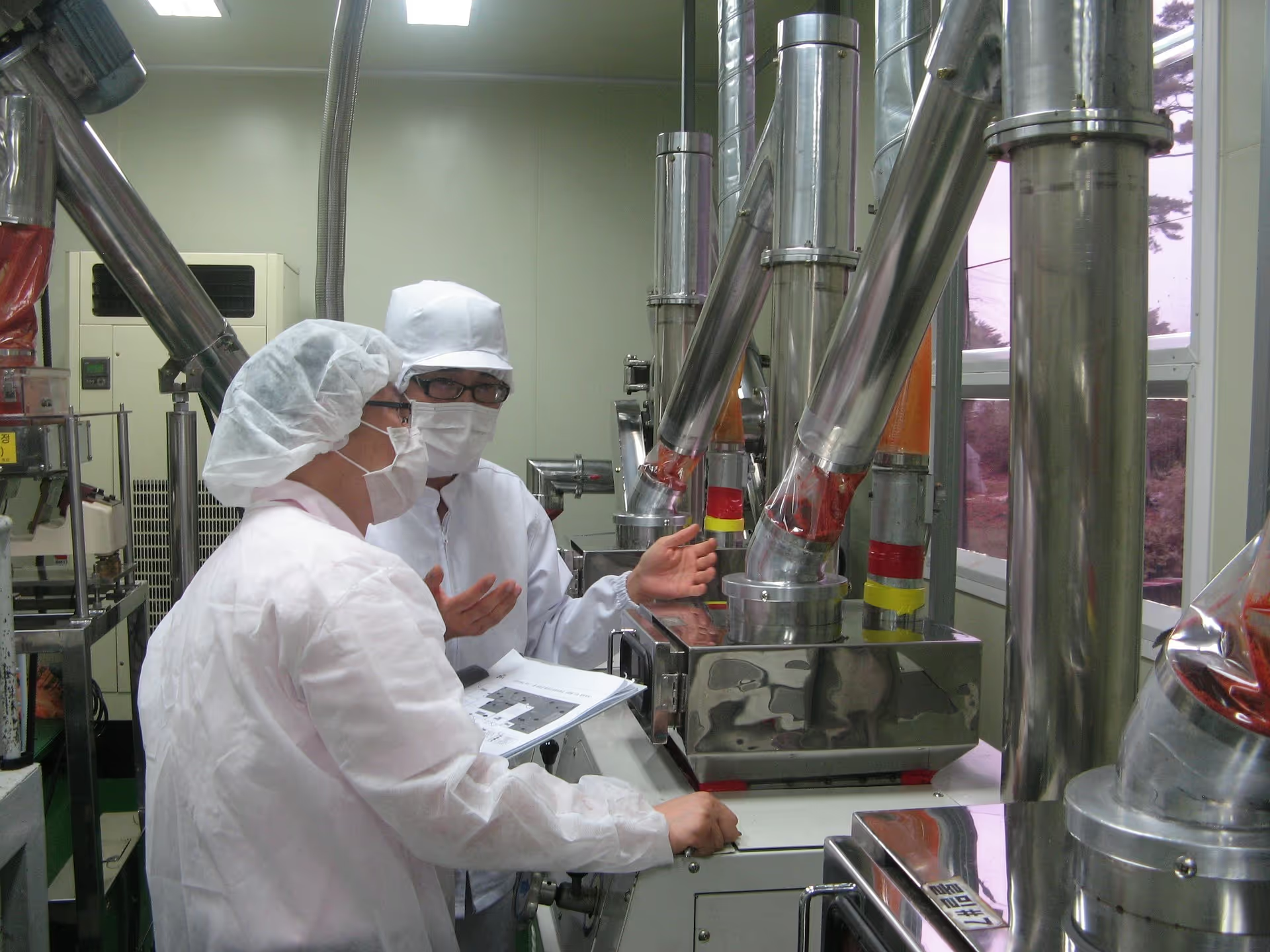





Agricultural field
Next up, it’s time to get our hands dirty as we head straight to the farm! We'll walk the fields with a farmer who uses the information from the satellites—along with a host of other tools like sensors and maps—to take care of their crops and grow as much food as possible each season.



Who is this for?
- Any math, science, social studies or language class interested in the network of food producers, innovation in agriculture or the impacts changes can and will have on food supply
- Social studies and language classes investigating any of the following Sustainable Development Goals: Zero Hunger; Good Health and Well-Being; Industry, Innovation and Infrastructure; Responsible Consumption and Production
- Math classes exploring the practical applications of data
- Career programs highlighting agricultural or processing fields of study
We're here to support you.
E2 provides educational resource materials for every trip to help educators link the virtual field trip to their academic subject area. Our educational materials follow the experiential learning principles of participate, reflect, apply.
Event Highlights
Experience the power of transformative education through our gallery.
Register Now
From Farm to Table and Beyond 🥕
The recording will be available on:
Now!
Fill out the form and we will send you everything you need for this fascinating foray into the world of food production!
Brought to You By
Stay informed with E2 updates
Get the latest news and insights from E2.



